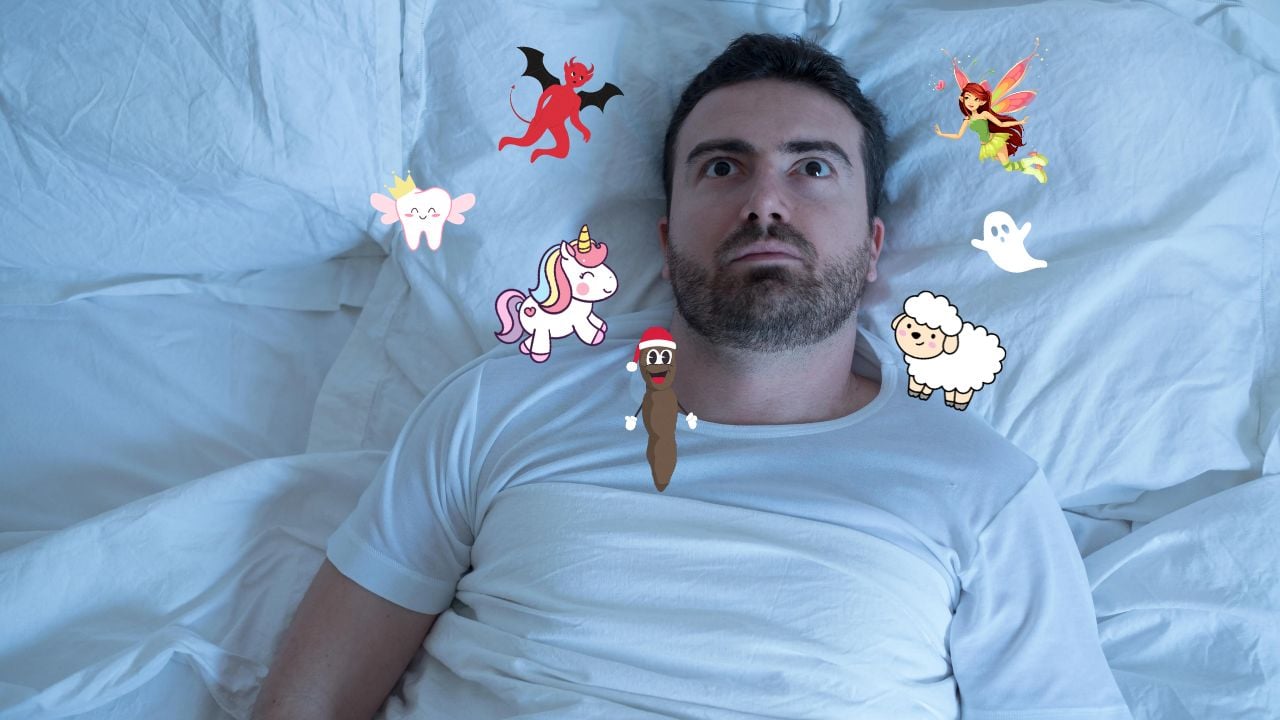How to Sauna: All the FAQs
Feb 15, 2026Hungarian Man, Paul Kern, Who Hasn’t Slept For 40 Years Baffles Scientific Establishment With Bizzare Nocturnal Behavior
- Oct 19, 2024
- 0 Comments
1138

The story of Hungarian solider, Paul Kern, who claims to have not slept a wink for four decades after receiving a bullet injury, continues to baffle scientists.
The amount of time a person can stay awake without a single second of sleep is typically two days, or at most three if someone is mentally resilient. Lack of sleep can ruin far more than just your sex life, but that was not the case with Hungarian soldier Paul Kern, who got injured during World War I and spent the last 40 years of his life without sleeping at all.
Sleep is considered a necessary part of life as it cuts off unnecessary synapses, causes the release of proteins in the brain, and restores cognitive function. People who lack sleep experience hallucinations and can even go through personality changes. And yet, Kern defied these norms by living for decades, seemingly unaffected by the lack of rest that should have been incapacitating.
Related: Mondays Suck Because You’re Not Consistent With Your Sleep
Related Stories
The Curious Case
When World War I broke out, Kern was enlisted alongside over 1 million other Hungarians. They were called to avenge the assassination of Archduke Franz Ferdinand, the heir to the Austro-Hungarian throne. Kern joined the Hungarian Army and later the elite units that would spearhead the clearing of Russian trenches on the Eastern Front in 1915.
During the fight, a bullet went through his head and became embedded in the frontal lobe. He was taken to Lamberg Hospital in Lviv (now Ukraine) for treatment. The surgery was successful, but when Kern opened his eyes on the hospital bed, he found himself unable to sleep.
Kern’s Adaptation To A Sleepless Life
For the next 40 years, Kern remained without any sleep until his death in 1955. Surprisingly enough, he did not experience any symptoms from the lack of rest. His biggest problem was simply being functional for an extra eight hours every day. Doctors remained sceptical, but Kern travelled extensively and welcomed anyone interested in examining him. As a result, he was evaluated in hospitals from Austria to Australia.
One doctor theorized that he would sleep for seconds at a time throughout the day, while others theorized that the bullet tore out the physical part of the brain that required sleep and that it would lead him to an early death — an outcome that sadly did occur, with Kern eventually dying at what would be considered an early age today.
Although his early death may have been linked to his inability to sleep, Kern’s daily life remained mostly unaffected. He adapted to his condition with a few adjustments: managing headaches and taking at least an hour per day to rest his eyes and give a break to his optic nerves. Despite the challenges, he led a fulfilling life, spending his free time with his friends and reading when the rest of the world was asleep.
Suffice to say, Kern made the most of a life that should have been cut short by a Russian soldier in 1915, in spite of a wholly unexpected medical obstacle.
Publisher: Source link







